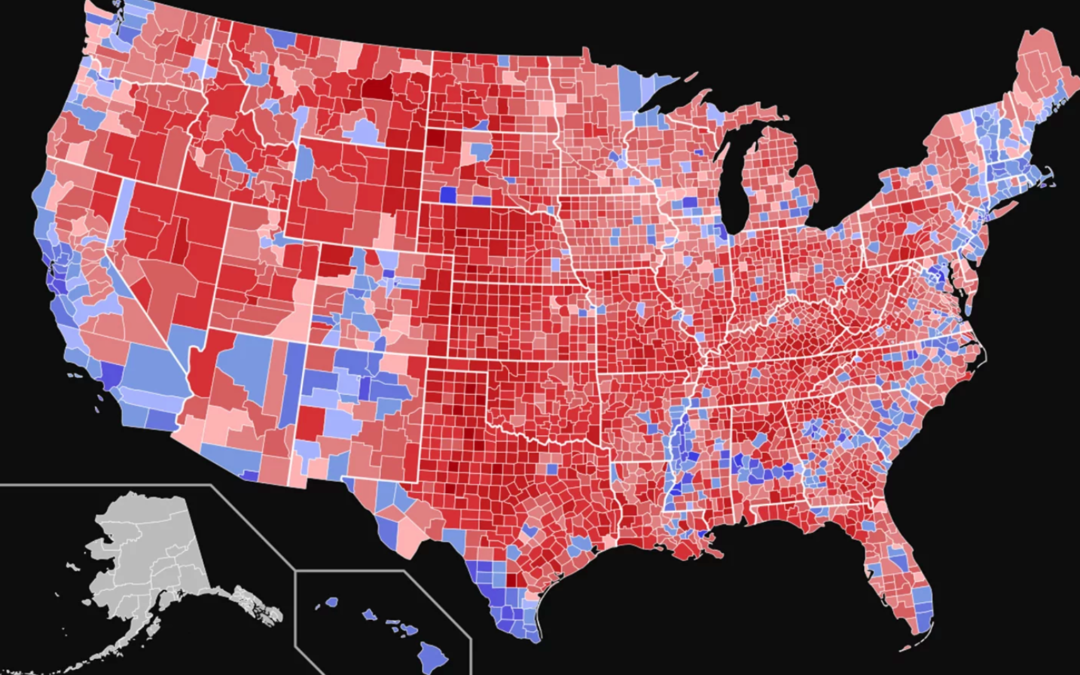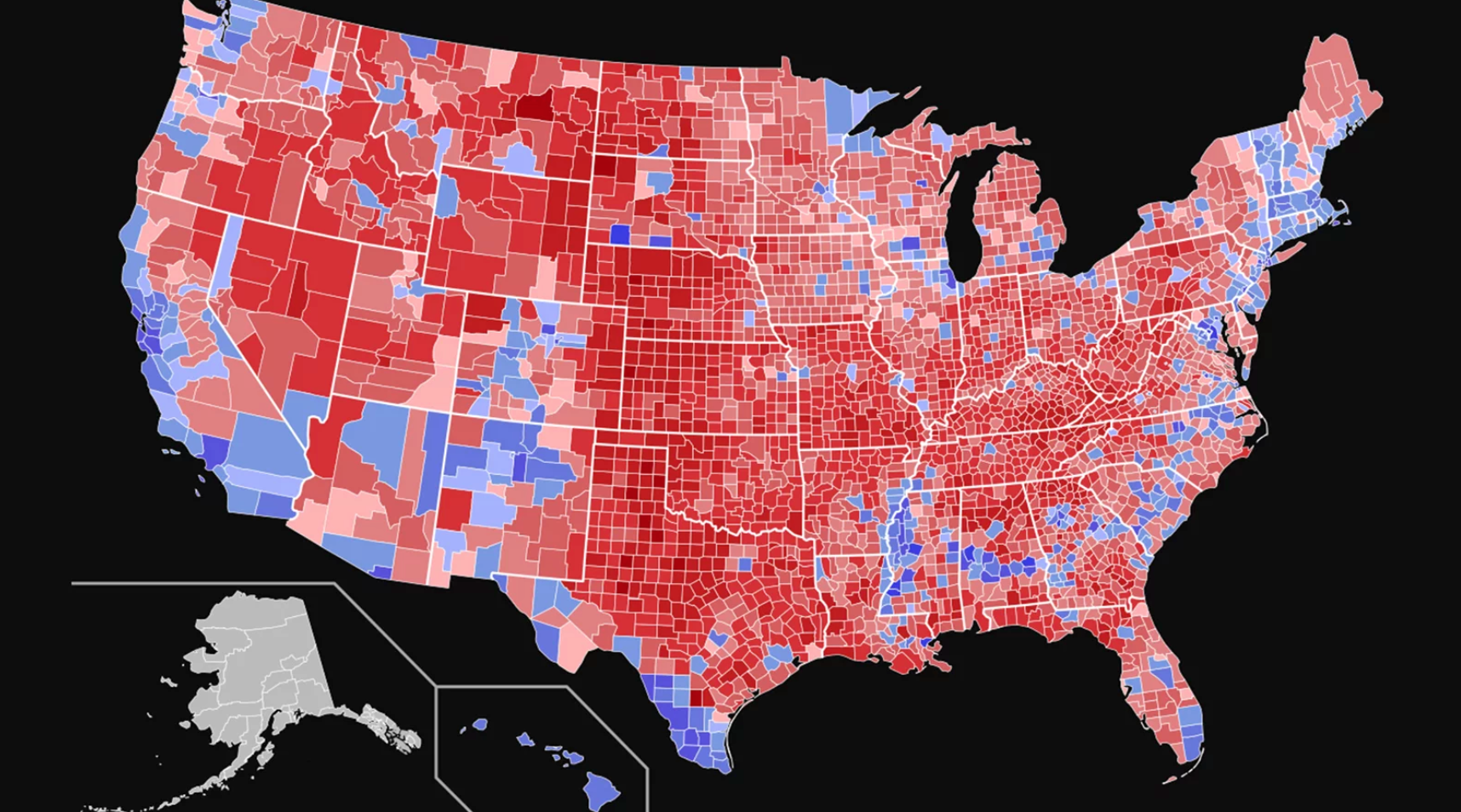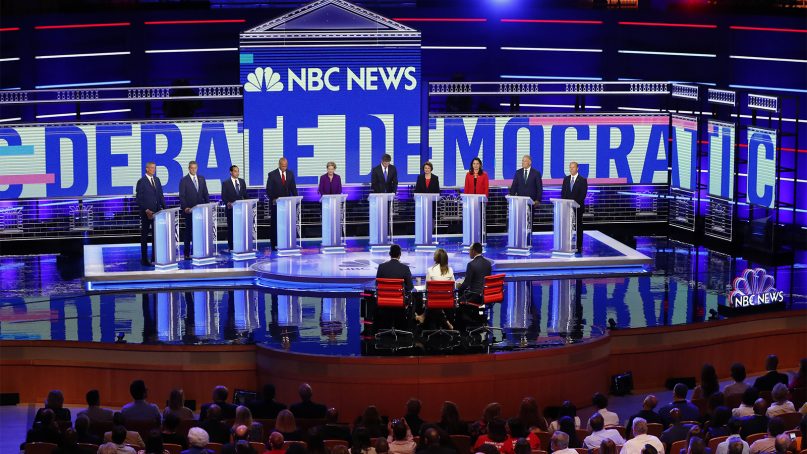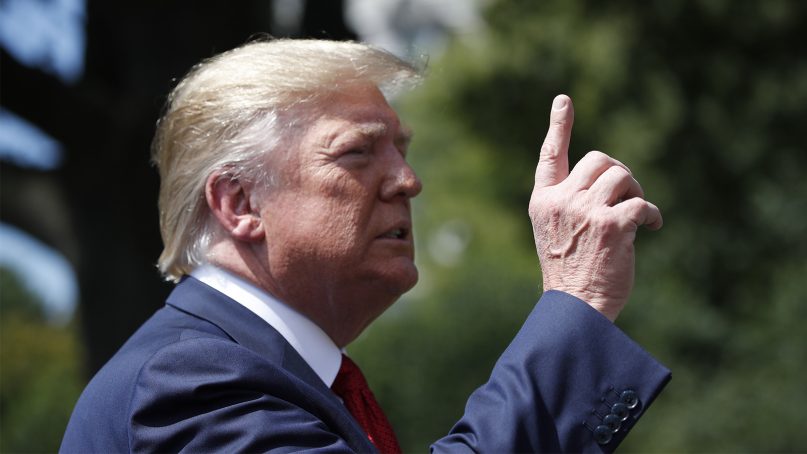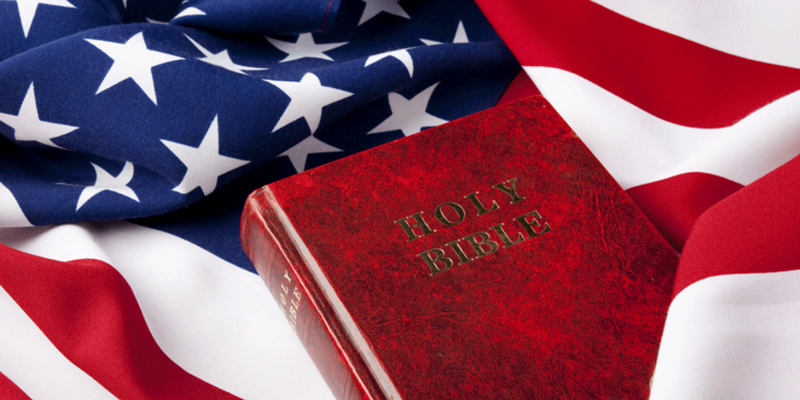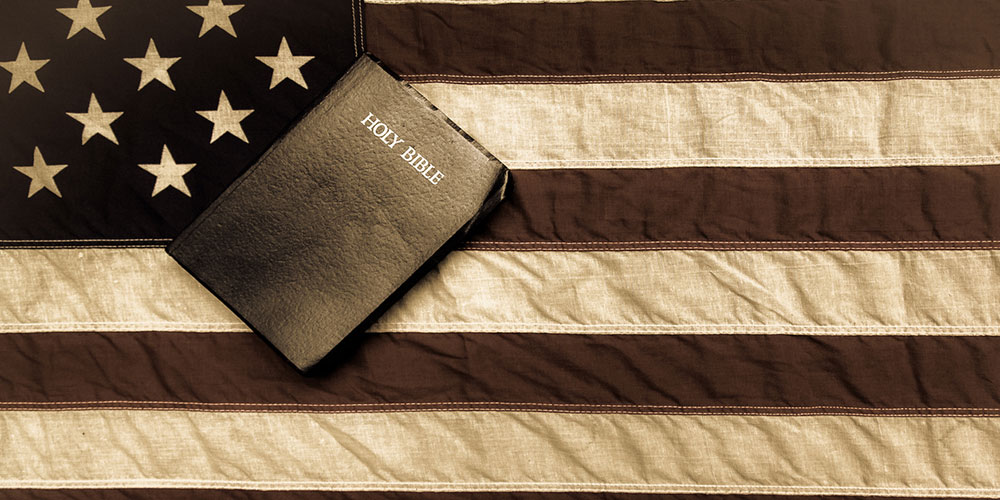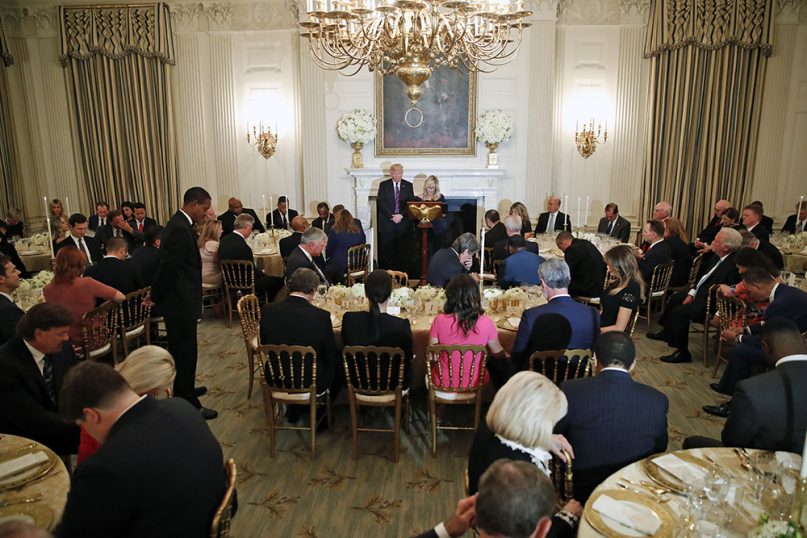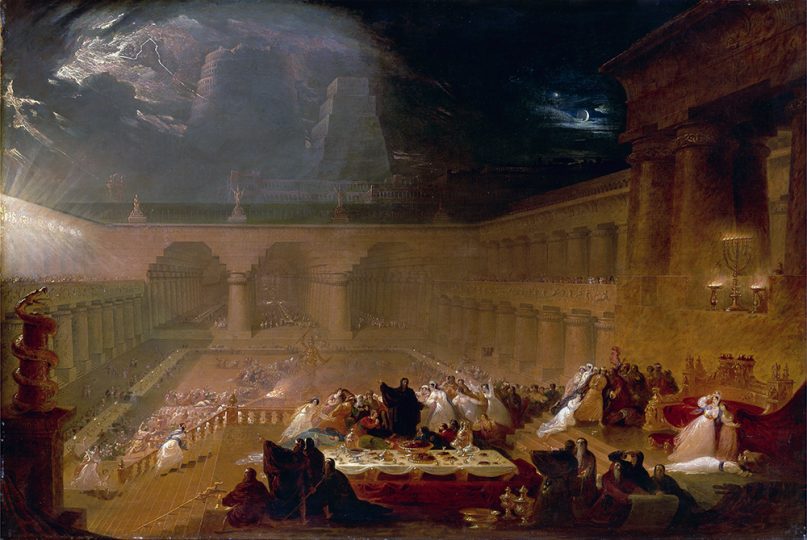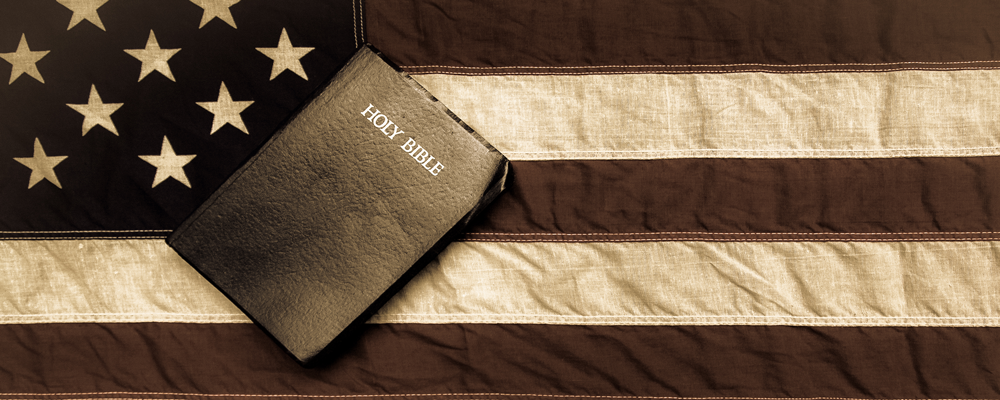
Electionland 2020: Florida Felon Voting, Election Websites, DOJ Policies and More
This article originally appeared on ProPublica.org, a Pulitzer Prize-winning investigative newsroom.
New From ProPublica
In Florida, the Gutting of a Landmark Law Leaves Few Felons Likely to Vote
State officials don’t know how many felons are registered or eligible to vote. So we did our own analysis and found only a very small percentage of them will be able to cast ballots this election. Some could face prosecution if they do. Read the story from The Tampa Bay Times and ProPublica.
DOJ Frees Federal Prosecutors to Take Steps That Could Interfere With Elections, Weakening Long-standing Policy
In an internal announcement, the Justice Department created an exception to a decadeslong policy meant to prevent prosecutors from taking overt investigative steps that might affect the outcome of the vote. Read the story.
The Justice Department May Have Violated Attorney General Barr’s Own Policy Memo
In a memo from May, the attorney general reminded Justice Dept. prosecutors to avoid partisan politics. Then a U.S. attorney in Pennsylvania announced an election investigation that had partisan overtones. Read the story.
Your Guide to Voting in Illinois
Everything you need to know about local election deadlines, what the pandemic has changed and casting your ballot so it counts. Read the story.
Vote by Mail News
- The Postal Service is reporting some of its worst mail delays since operations bogged down in July and August, according to internal documents filed in federal court. The on-time delivery of first-class mail ― which includes absentee ballots and other election materials ― fell 4.5% over a two-week period this fall, but deliveries of magazines and marketing mail were not affected. USPS hasn’t explained the disparity. (CNN)
- Texas Governor Greg Abbott issued an order that will limit drop-off locations for absentee ballots to just one per county. Partisan poll watchers will also be allowed to monitor those sites, Abbott said, in an effort to “ensure greater transparency.” (Texas Tribune)
- After losing a court appeal, Ohio’s secretary of state said counties can now each install more than one ballot drop box, but the new boxes can only be placed at county election headquarters. (Cincinnati Enquirer)
- A Rochester, N.Y. printing company defended its political leanings and blamed a computer glitch for misprinting ballot return envelopes for thousands of voters in Brooklyn and Long Island. (Rochester Democrat & Chronicle, The City)
- North Carolina’s Board of Elections is telling voters to ignore more than 11,000 ballot applications that were pre-filled with incorrect information and mailed out by a third-party vendor. (WBTV)
- Thousands of voters in Gwinnett County, Ga., are waiting longer than usual for their absentee ballots after the county enlarged its envelopes as part of a court settlement. The envelopes now feature larger font and clearer instructions, but take extra time to process. (Atlanta Journal Constitution)
- The head of elections in Volusia County, Fla., said it’s perfectly legal to seal ballot envelopes with tape, after some first-time mail voters struggled with the adhesive strip. (Daytona Beach News-Journal)
- But the town clerk in Cottage Grove, Wisconsin, warned that taped envelopes could be flagged as suspicious or fraudulent. A state elections spokesman clarified that usually applies to ballots that have clearly been reopened, then taped shut. (Herald-Independent)
- Michigan election officials will be allowed to start prepping ballots on the morning of Nov. 2, ahead of the official count on Election Day. (WNDU)
- Voters in the remote community of Torrey, Utah are trying to figure out how to cast ballots in the state’s mail-in election after their only post office shut down. (The Spectrum)
- More than 25 states use “signature matching” in an effort to verify ballots against existing registration files and prevent fraud. But even when multiple judges or software programs are deployed, the results can vary widely. One elections expert said consistency is key. (The New York Times)
Election Website Issues
- Pennsylvania’s voting website crashed for more than 40 hours this weekend. (Philadelphia Inquirer)
- One third of county election websites in Kansas and Missouri are not secure, according to an analysis by The Beacon. (The Beacon)
- Technology failures with Florida’s online voter registration tool has frustrated people trying to register to vote. The website crashed on the last day to register for the Nov. 3 election. State officials blamed a misconfigured computer server for the glitch. (Miami Herald, AP)
- Florida officials responded by extending the registration deadline by one day, while an advocacy group filed a lawsuit to buy voters more time. (WMFE, Tallahassee Democrat)
In-Person Voting
- On Monday, Detroit opened 23 satellite centers for early voting, plus seven absentee ballot drop boxes, after problems with its August primary. (WZXY)
- As the GOP prepares to field 50,000 carefully trained election volunteers, the president’s rhetoric continues to raise concerns over voter intimidation. The Republican effort will reportedly station monitors at traditional polling places alongside early voting sites and ballot drop boxes. (The New York Times, Reuters)
- Election administrators, law enforcement and federal officials are increasingly concerned about the possibility of disruptions, or even violence, on Election Day. (The New York Times, The Washington Post)
- Georgetown Law created fact sheets on each state’s laws about private militia groups and what to do if they are at a polling place or registration drive. The Giffords Law Center has published a state-by-state guide to the laws around voter intimidation and having firearms at the polls (Georgetown Law, Giffords Law Center)
- Iowa unveiled an updated voter registration form which reflects an August executive order that restored voting rights for thousands of felons in the state. (Des Moines Register)
- In Milwaukee, Wisconsin, libraries are serving as early voting sites, hosting ballot drop boxes and providing a place for voters to get help registering, requesting an absentee ballot and more. (Milwaukee Journal Sentinel)
- At least 33 states are asking voters to wear masks at the polls this year and are contending with how to respond when voters refuse. (ABC News)
- For voters who decline to wear a mask inside their polling place, Connecticut plans to provide a curbside option. (The Middletown Press)
- The Broward County, Florida, commission is urging its election supervisor to separate maskless voters. (Sun Sentinel)
The Latest on Misinformation
- Unfounded comments by President Donald Trump about corruption at the polls in Philadelphia prompted city officials to prepare for possible voter intimidation on Election Day. (Philadelphia Inquirer)
- Nearly every claim about mail-in voting made by Trump during the first presidential debate was partially or completely inaccurate, according to a fact check by CNN. (CNN)
- False beliefs about election fraud are largely fueled by political elites and conservative-leaning mass media outlets repeating Trump’s claims, without framing it as disinformation, according to a new working paper. (Berkman Klein Center)
- Michigan’s secretary of state asked the state’s attorney general to investigate a GOP press release making allegations about an unlocked ballot drop box, claiming the party is spreading misinformation. (Detroit News)
- Alabama’s secretary of state told voters to ignore voting mailers from a third party group in Texas telling them that they’re not registered to vote. (AL.com)
- Officials from Pope County, Arkansas warned voters to beware of a phone scam asking people for their social security number in order to receive a vote-by-mail ballot. (Arkansas Democrat Gazette)
- Two conservative operatives were charged with felonies for robocalls aimed at dissuading Detroit residents in majority-Black areas from voting by mail. (Associated Press)
The Latest Lawsuits
- News on litigation over voter registration deadlines in Arizona, New York and South Carolina.
- News on lawsuits over absentee ballot witness or notary requirements in Alaska, Missouri and South Carolina.
- News about lawsuits over absentee ballot deadlines in Arizona, Arkansas, Delaware, Indiana, New Jersey and North Carolina.
- News about litigation over absentee ballot applications in Iowa and Texas.
- News about litigation over mask requirements at the polls in Minnesota.
- News on lawsuits over voting in nursing homes and hospitals in Arizona.
- News about lawsuits over Native American voting rights in Arizona and North Dakota.
- News about litigation over early voting in Texas.
- News about lawsuits over Spanish-language access in Georgia.
- News about lawsuits over mail ballot drop off in Ohio and Texas.
- News about litigation over poll watchers in Pennsylvania.
- News about lawsuits over electioneering in Kansas.
- News about lawsuits about voter rolls in Colorado.
- News about litigation over expanding mail voting in Indiana.
- News about USPS lawsuits in Florida.

